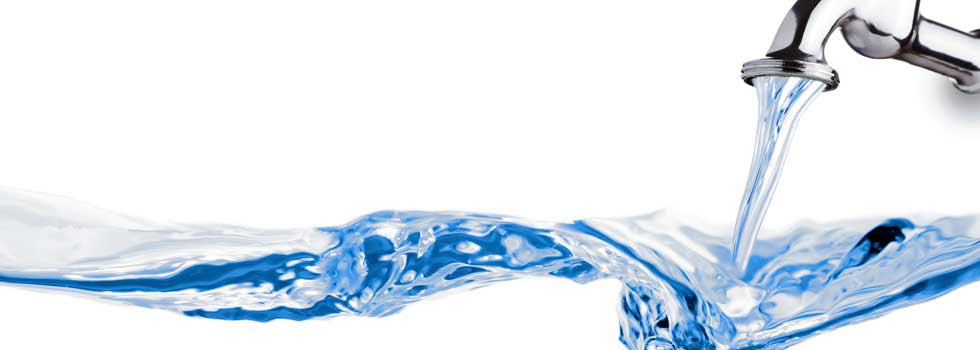H2O Innovation
2200 Sciaaca Road, Spring, Texas 77373
Phone: (281) 353-9756
Water Leaks
Please report all water leaks to H2O Innovation at (281) 353-9809.
Documents
- Customer Portal on Operator Website
- Drought Contingency Plan
- Water Quality Reports
- Rate Order
Water Conservation
Tips to Save Water — and Money
Major Appliances
- Only run your dishwasher when it is full to make the best use of water, energy and detergent.
- When purchasing a new appliance, look for one offering several different cycles. This will allow you to select more energy- and water-efficient cycles when heavy-duty cleaning is not required.
- Wait until you have a full load of laundry before running the machine to save both water and energy.
- Insulate your hot water pipes and your electric heater. Insulation will reduce the amount of time it takes for hot water to reach the tap, saving water and energy.
Showers and Faucets
- Take a quick shower rather than a bath and save an average of 20 gallons of water.
- Turn off the water while brushing teeth or shaving and save more than 5 gallons per day.
- Clean vegetables in a sink or pan partially filled with water rather than running water from the tap. Reuse the water vegetables are washed in for watering house plants or for cleaning.
- Don’t rinse dishes before loading dishwasher and save an average of 20 gallons per load.
- Install an ultra-low flow toilet that requires only 1.6 gallons of water per flush.
- Check toilets frequently for leaks and repair them promptly.
- Don’t use the toilet as a trash can.
- Install a low-flow shower head and save an average of 2 gallons per minute.
- Wash your car with a bucket of soapy water and use a nozzle to stop the flow of water from the hose between rinsing.
- Clean driveways and sidewalks with a broom instead of the hose.
- Cover a spa or pool to reduce evaporation. An average size pool left uncovered can lose as much as 1,000 gallons of water per month; also check your spa/pool for leaks and have them repaired promptly.
Watering the Lawn
- Water less frequently, but deeper. In areas with sufficient topsoil thoroughly saturate the soil profile with deep, infrequent watering. When this occurs, the roots try to grow to their maximum depth to reach as much of the available water as possible. This will result in a more drought tolerant grass. In the Fall and Spring, evapotranspiration rates will be lower so run-times can be decreased. One time per week or less should be sufficient.
- Use multiple Start times to avoid run-off may occur with long run-times on shallow soil or sloping terrain. For example, an area with a watering requirement of 20 minutes per day on each station may best be irrigated with 2 consecutive cycles of 10 minutes per station. This will allow the total amount of water needed by each station to be split up and given time to soak into the soil, rather than being applied all at once and increasing the chance of run-off due to soil saturation.
- Fine tune run-times in increments of 10% Reducing your irrigation water use in increments of 10% is an extremely effective tool in gauging how much water your landscape needs. Water use can be reduced gradually until visible signs of stress. Upon signs of severe stress (some stress may be acceptable), watering should be bumped up 10%.
- Check your irrigation system monthly, by running through each station briefly to identify problems or breaks.
- Water slowly for better absorption and never water on windy days.
- Water lawn between 7:00 p.m. and 10:00 a.m. This maximizes effectiveness and helps to minimize peak usage.
- Do not water lawns in the afternoon. This can result in a high percentage of evaporation.
- Angle sprinklers toward your lawn and away from sidewalks, streets and driveways.
- Use drip irrigation for shrub beds, gardens and trees.
- Harvest rainwater: Collect rainwater in rain barrels and use the rainwater to irrigate plants. This provides an alternative water source and benefits plants more than chemically treated water.
Water Service
Up to 250,000 gallons per month of water and sewerage provided to the HOA – this is meant to reduce HOA dues and increase land values. This service is discretionary in that it can be justified but is not mandated by MUD charter.
